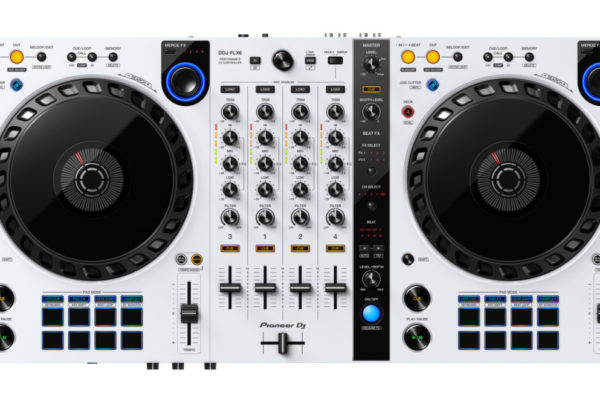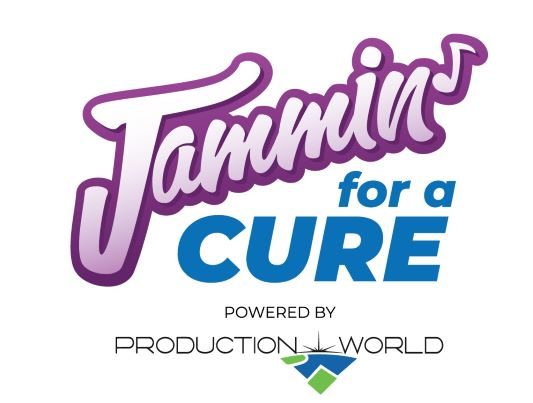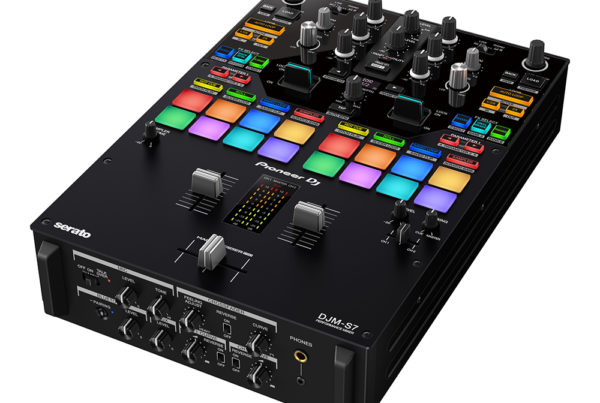The term ‘showrunner’ generally refers to the people in television who, in some cases, create a show, write the script and manage all the creative and production processes. They are often referred to as mentors, working with writers, directors and other producers.
Although the term is not used generally in live corporate event production, there are people who fill the same role; however, organizations putting on events like galas, award presentations, and fundraisers, know little of the value of a showrunner. Creative and production tasks are assigned to the ‘event coordinator’. It is not unusual to see the task go to a junior in the organization who has little experience.
In more recent times, the ‘event planner’ has become a more prominent player in the production of live corporate events. They will not only plan the event; they also recruit the production companies who will handle lighting, sound, video and staging. If the production budget is lean, the event planner will rely on the leading individuals in each production area (sound, lighting, video) to self direct, often using a script that can be hard to follow. Moreover, the event planner will be the one running around the room wrangling speakers and special guests to the stage.
[In more recent times, the ‘event planner’ has become a more prominent player in the production of live corporate events.]

The more savvy Event Planners will find someone who can actually pull everything together from script to final production and direct everyone during the actual event, including wranglers and technicians and operators.
Kelly Kimo, Vice President of Production World, has functioned as a showrunner, even when there has been no one specifically assigned to do so. “The more complex, live, corporate events should automatically include a showrunner who can write script or, at least, oversee the writing process, and coordinate the creative process overall, as well as call the cues at the event,” says Kimo. “At events where there is no showrunner, I have often assumed the showrunner role to, at the very minimum, call the cues, especially when there are many things in play, like videos, presenters, speakers, and entertainment.”
It is not easy to find a showrunner who has a diverse creative background and understands everything from scriptwriting and supervising pre-production (of videos, etc) to directing the event itself. As a result, many events produced without a showrunner on the team do not flow as seamlessly; gaps in the show slow the momentum down, which often leads to the audience becoming distracted.
A showrunner is like the conductor of a symphony. Without one, everyone is left to their own devices and it can get out of sync, sloppy and messy. Chris Duncan, a broadcast veteran and Director of Video Services at Production World, agrees that producers of live corporate events need to think about using showrunners more. “There’s no question. It’s a live show and just like in television, someone has to be in charge and that someone should intimately know the script (or agenda) and everyone’s role in it. If you have no direction or order, you run the risk of having the wheels come off and that ain’t pretty.”

[A showrunner is like the conductor of a symphony. Without one, everyone is left to their own devices and it can get out of sync, sloppy and messy.]
As the technology and gear evolves, it is time for organizations to move with the times. A seamlessly run show reflects on the organization’s brand. The showrunner can make the difference between a predictable, blasé, corporate event, and an experience that keeps them in their seats. It’s the difference between a show that must go on — and a show that goes on and on and on …




